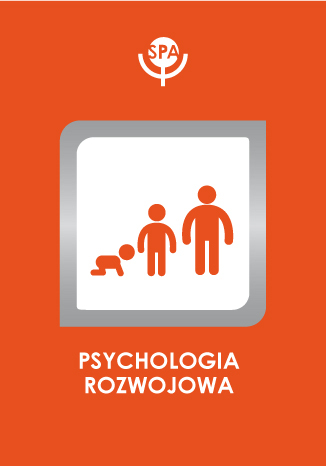Array
(
[id] => 502
[date] => 2019-03-15
[doi] =>
[title] => Stosunek emocjonalny polskich adolescentów do zbliżającej się konieczności bycia dorosłym
[title_en] => THE EMOTIONAL RELATIONSHIP OF POLISH ADOLESCENTS TO THE APPROACHING NECESSITY TO BE ADULT
[authors] => Jan Fenczyn
[abstract] => It was assumed that in the face of negative social phenomena associated with the structural transformation, a significant percentage of adolescents would experience fears and anxieties related to the approaching necessity to undertake social roles of adult individuals. It was also surmised that a significant influence upon the emotional relationships of adolescents in relation to the necessity to be adult would be exerted by such factors as sex, age and the socio-cultural environment from which a given individual derived. The empirical research was transverse and based on a questionnaire. The study group consisted of 540 individuals (270 girls and the same number of boys) and was divided into 18 thirty-person sub-groups differentiated in terms of age (12.0 -13.0, 15.0 – 16.0, 18.0 – 19.0), as well as in terms of socio-cultural environment (large city, small town, village). The results obtained were startling. Fears and anxieties in relation to the need to be adult were declared by a mere 22.22% of girls and 7.77% of boys. Within the age groupings, this percentage oscillated within the range of 11.66% (15.0 – 16.0) and 20.0% (18.0 – 19.0), respectively. The highest level of fear was characteristic of young people from large cities, while adolescents from the small town environment showed a medium level, and the lowest level was recorded among those from rural areas.
[abstract_en] => It was assumed that in the face of negative social phenomena associated with the structural transformation, a significant percentage of adolescents would experience fears and anxieties related to the approaching necessity to undertake social roles of adult individuals. It was also surmised that a significant influence upon the emotional relationships of adolescents in relation to the necessity to be adult would be exerted by such factors as sex, age and the socio-cultural environment from which a given individual derived. The empirical research was transverse and based on a questionnaire. The study group consisted of 540 individuals (270 girls and the same number of boys) and was divided into 18 thirty-person sub-groups differentiated in terms of age (12.0 -13.0, 15.0 – 16.0, 18.0 – 19.0), as well as in terms of socio-cultural environment (large city, small town, village). The results obtained were startling. Fears and anxieties in relation to the need to be adult were declared by a mere 22.22% of girls and 7.77% of boys. Within the age groupings, this percentage oscillated within the range of 11.66% (15.0 – 16.0) and 20.0% (18.0 – 19.0), respectively. The highest level of fear was characteristic of young people from large cities, while adolescents from the small town environment showed a medium level, and the lowest level was recorded among those from rural areas.
[keywords] => adolescence, structural transformation, adult roles
[keywords_en] => adolescence, structural transformation, adult roles
[file_path] => /files/articles/2003-9-stosunek-emocjonalny-polskich-adolescentw-do-zbliajcej-si-koniecznoci-bycia-dorosym.pdf
[okladka] => psychologia_rozwojowa.jpg
[rocznik] => Rocznik: 2003 Tom: 9 Numer: 1
[strony] => 41–45
)










 Pobierz pełny tekst
Pobierz pełny tekst



